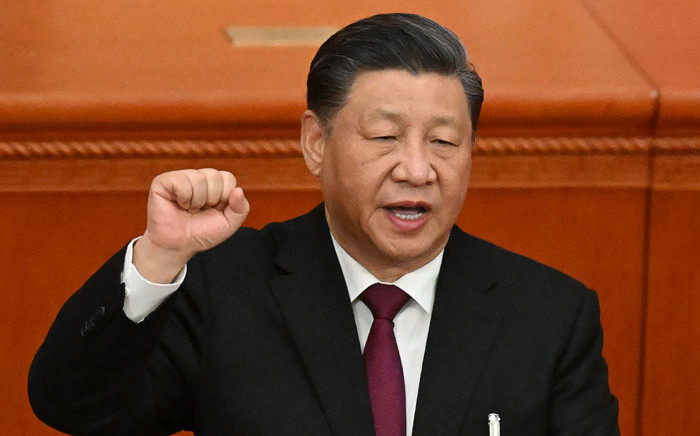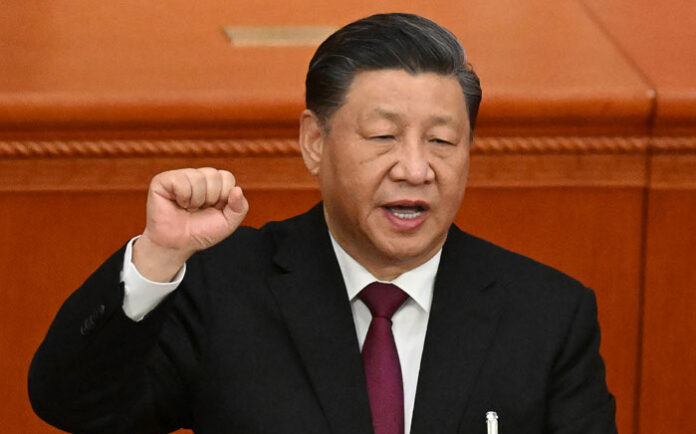
In a surprising turn of events, Chinese President Xi Jinping has faced criticism from a group of retired party elders during a secretive meeting, signaling a shift in the political landscape of China. The unusual rebuke comes as Xi decided to skip the upcoming G20 summit in India, raising questions about his leadership and the challenges facing the nation.
This marks the first time that Xi has chosen not to attend a G20 summit, an event he had consistently regarded as important during his tenure as China’s top leader. The critical meeting that led to this decision took place during the annual Beidaihe gathering of Chinese Communist Party leaders, known for its confidentiality.
Party insiders have revealed that a group of retired party elders, including prominent figures such as Zeng Qinghong, reprimanded Xi in ways that hadn’t been seen in previous meetings. They expressed concerns about China’s ongoing economic troubles, turmoil in the military, and deteriorating relations with the outside world.
The elders’ central message was clear: if the current political, economic, and social turmoil persists without effective countermeasures, it could erode public support for the Communist Party, posing a significant threat to its rule.
Xi Jinping’s response to this criticism reportedly left his aides shaken, with Premier Li Qiang, responsible for managing China’s economy, facing the daunting challenge of navigating the country through economic headwinds and strained international relations.
Xi’s decision to forgo the G20 summit appears to be an attempt to avoid potentially uncomfortable questions about China’s economic performance. It also reflects the lack of progress in resolving the ongoing tensions with the United States, making a friendly meeting with President Joe Biden uncertain.
The political landscape in China is evolving, and Xi’s absence from key international summits has raised concerns about the stability and direction of the nation’s leadership. As China grapples with economic challenges and international pressures, the decisions made by its leaders in the coming months will be closely watched by the global community.
In a surprising twist, former Premier Li Keqiang, who was forced into retirement earlier this year, made a public appearance recently and received warm greetings from the public. This unexpected event underscores the continued popularity of Li Keqiang and hints at potential shifts in Chinese politics.
As China faces both internal and external challenges, the dynamics within its leadership are becoming increasingly complex, with potential implications for the nation’s future direction on the global stage.
Sources By Agencies



